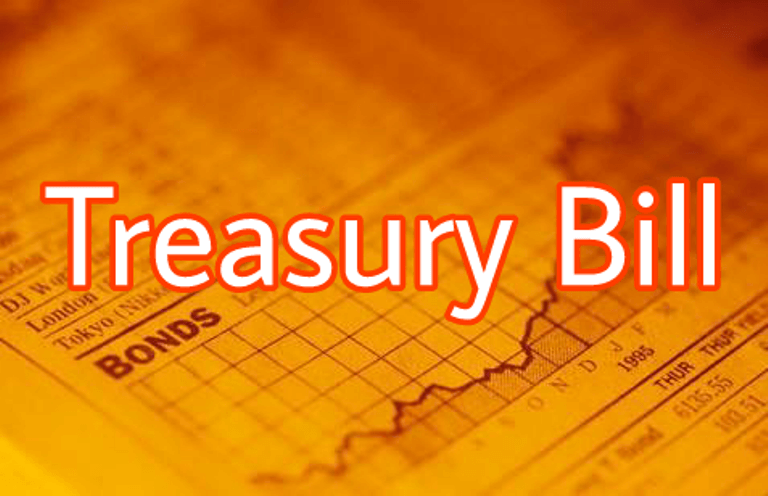Investor confidence in Ghana’s short-term government instruments, known as Treasury Bills (T-Bills), has experienced a significant resurgence, marked by two consecutive weeks of substantial oversubscription. This positive trend follows a challenging period of eight weeks characterized by consistent undersubscription, highlighting a notable shift in market sentiment towards government debt. The renewed interest in T-Bills signifies a potential turning point for the government’s borrowing efforts and indicates growing optimism among investors regarding the short-term outlook of the Ghanaian economy.
The recent auction results paint a compelling picture of this renewed investor confidence. The government initially aimed to raise GH¢7.7 billion through the sale of T-Bills. However, the auction garnered a staggering GH¢20.1 billion in bids, exceeding the target by an impressive 160%. This substantial oversubscription underscores the strong demand for government securities and suggests a renewed appetite for relatively safe and liquid short-term investments. This positive momentum builds on the previous week’s auction, which also witnessed a substantial oversubscription of 286%, signaling a sustained recovery in investor confidence.
The demand for T-Bills was distributed across various maturities. The 91-day bill attracted the most significant interest, accumulating bids worth GH¢13.4 billion. The 182-day bill followed closely with GH¢8.7 billion, while the 364-day bill garnered bids totaling GH¢5.9 billion. The robust demand across all tenors indicates broad-based investor confidence in the government’s ability to manage its short-term debt obligations. Capitalizing on the high demand, the government accepted GH¢15.2 billion in bids, nearly double its initial target of GH¢7.7 billion. This opportunistic move allowed the government to secure significantly more funding than anticipated, leveraging the favorable market conditions to bolster its fiscal position.
The surge in demand for T-Bills has also had a positive impact on borrowing costs for the government. The increased supply of funds effectively lowered the price investors were willing to pay for the bills, translating to lower interest rates. This development is highly beneficial for the government, enabling it to borrow larger sums at a reduced cost. The interest rate on the 91-day bill experienced a substantial decline from 13.7276% to 10.8387%. Similarly, the 182-day bill saw its interest rate drop from 14.6164% to 13.2279%, while the 364-day bill rate decreased from 14.7393% to 14.3050%. These lower interest rates represent significant savings for the government and create fiscal space for other essential expenditures.
Several factors contribute to the resurgent demand for T-Bills. Experts point to the suspension of the Bank of Ghana’s Open Market Operations (OMO) bills as a key driver. OMO bills, which previously offered higher yields than government T-Bills, attracted significant investor interest. However, with the suspension of these bills, investors seeking short-term investment opportunities have redirected their funds towards T-Bills, driving up demand. This shift in investment flows underscores the interconnectedness of various financial instruments and their influence on investor behavior. Furthermore, the decline in the inflation rate has enhanced the real return on T-Bills, making them a more attractive investment proposition.
The government’s successful fundraising efforts through T-Bills represent a positive development for the Ghanaian economy. The ability to borrow at lower rates will alleviate pressure on the government’s finances and potentially free up resources for development initiatives. However, the sustainability of this positive trend remains to be seen. Market observers are closely monitoring the upcoming auction, where the government plans to raise a relatively modest GH¢3.9 billion, to assess whether the renewed investor confidence will persist or prove to be a short-lived phenomenon. The outcome of this auction will provide valuable insights into the long-term trajectory of investor sentiment and the overall health of the Ghanaian economy.


